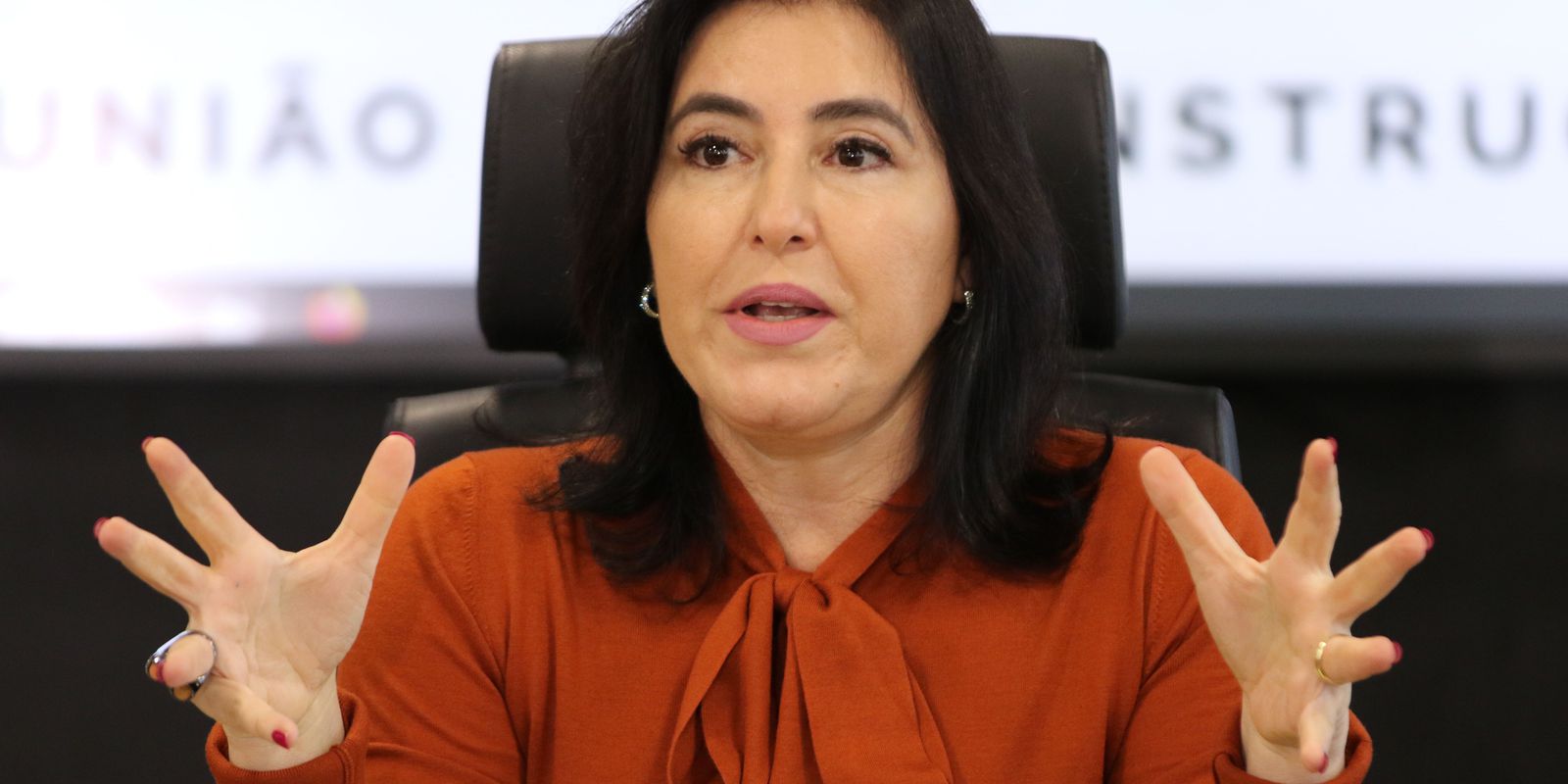With more than 92% of the Brazilian population censused by the Brazilian Institute of Geography and Statistics (IBGE) – 189.4 million people -, the collection of the Demographic Census ended. In some states, such as Santa Catarina, Piauí and Paraíba, more than 96% of residents responded to the researchers. According to the Ministry of Planning and Budget, the so-called most fundamental data base is now entering its investigation stage.
In this phase, IBGE technical supervisors can determine specific returns to the field. This means that certain neighborhoods in some cities may undergo specific census actions to check data or even to determine whether homes originally found empty are, in fact, unoccupied.
“We created a census closing committee, which includes eight demographers hired exclusively for this calculation stage, who will work in direct harmony with the demographers of the IBGE itself”, explained the interim president of the institute, Cimar Azeredo.
Yanomami
At the same time that it will begin the stage of calculating millions of data, this month the IBGE will carry out a final punctual operation to collect data for the census with the residents of the Yanomami Indigenous Land. The operation begins on the 6th and, depending on weather conditions in the territory that passes through the states of Roraima and Amazonas, will be concluded between 20 and 30 days later.
During the census, the census takers already collected data from 50% of the residents of the Yanomami territory. Now, the final half remains, which lives in areas with particularly complex access.
To make the operation viable, Minister Simone Tebet, of Planning and Budget, led an inter-ministerial support front that involved the Minister of Justice and Public Security, Flávio Dino, the Minister of Defense, José Múcio, and the Minister of Indigenous Peoples, Sônia Guajajara. In meetings, the minister defended the centrality that the census plays for national and regional public policies.
After direct dispatches between the ministers, Tebet placed the technical staff of the Ministry of Planning, together with the interim president of the IBGE, Cimar Azeredo, to provide logistical details for the trip of census takers and institute supervisors to the Yanomami Indigenous Land.
According to the Ministry of Planning, among IBGE census takers and supervisors, experienced in collections in indigenous lands, and military technicians and supporting police, the IBGE estimates 38 people who will use, in different shifts, Federal Highway Police (PRF) helicopters, mobilized to make the census feasible based on decisions by the Ministry of Justice and Public Security.
Disclosure in April
Since the 1960 census, the IBGE has carried out technical revisions on the data collected from the population. The census information is expected to be released at the end of April. “With the census we can define public policies that are more focused and, therefore, more effective”, said Minister Simone Tebet.
“When we clearly know how many there are in each municipality, how each of us lives, what our families and our realities are like, we also start to think about improving policies in areas such as health, education, social benefits, urban infrastructure, logistics and technology,” said the Minister of Planning.
















